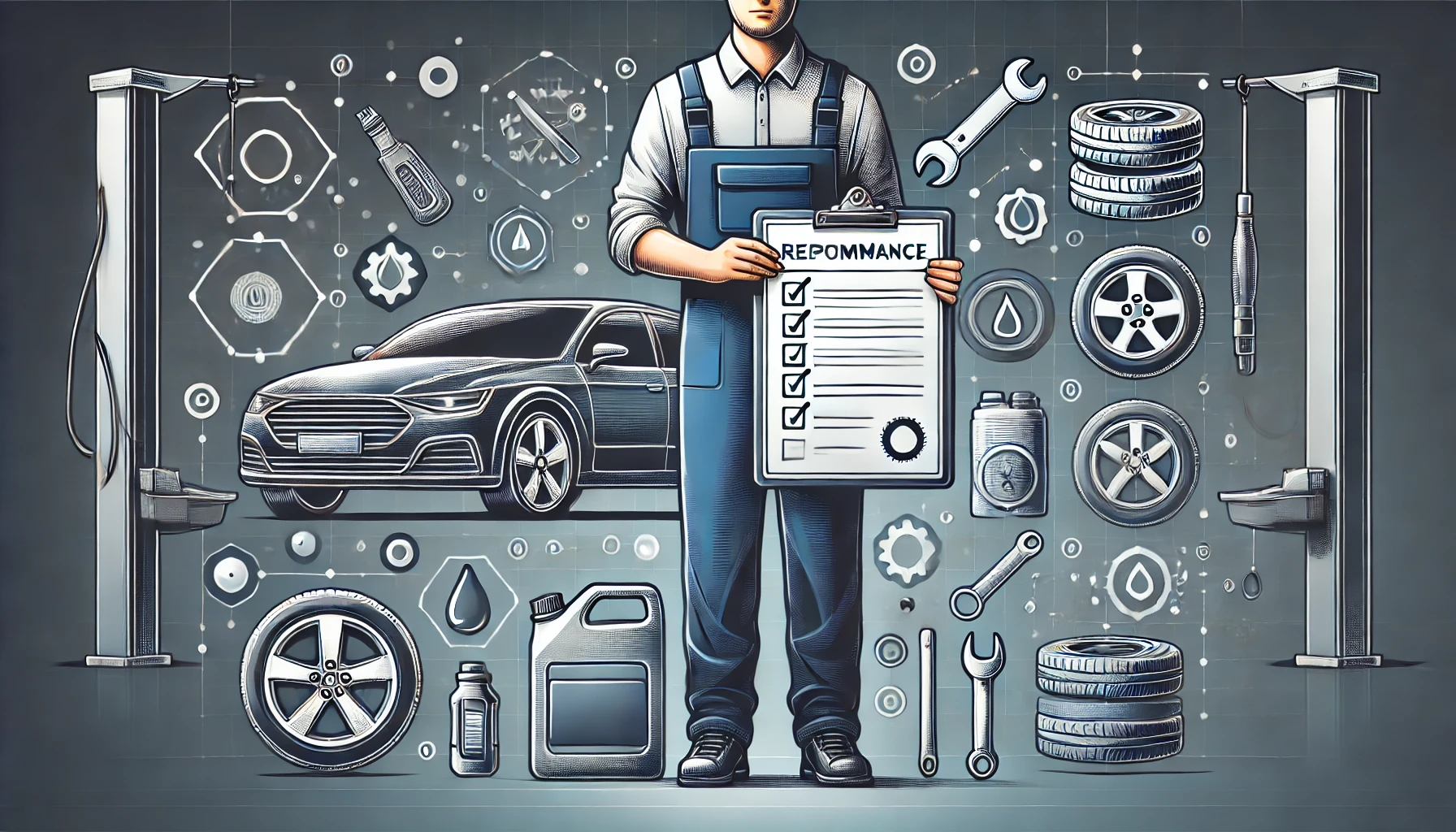Vehicle maintenance is essential to ensure safety, economy, and durability. However, many drivers end up believing in myths that, besides being untrue, can generate unnecessary expenses and even harm the car's performance.
For example, it is common to hear that changing the engine oil should be done every 5,000 km, regardless of the car model. In reality, the frequency varies according to the manufacturer's specifications and the type of oil used. Following the vehicle's manual is always the best guidance.
Another popular myth is that leaving the car parked for long periods prevents problems. In reality, inactivity can cause damage to the battery, tires, and even the fuel system. Understanding these truths helps to keep the vehicle in good condition without spending more than necessary.
The Most Common Myths that Deceive Drivers
Several myths circulate among drivers, influencing their maintenance decisions. Check out some of the most common ones and why they are not true:
- "You only need to warm up the engine on cold days."
This idea comes from old times when carbureted engines needed to be warmed up before running well. In modern cars with electronic injection, the engine adjusts automatically. - "Using the air conditioning greatly increases fuel consumption."
Although using the air conditioner increases consumption, the impact is smaller than many believe, especially at higher speeds, when open windows cause greater wind resistance. - "Brakes always make noise when they are worn out."
Although noise can indicate problems, worn-out brakes do not always make noise. That is why regular inspections are so important.
Understanding these myths and their explanations is crucial to avoid misdiagnosis and save on unnecessary repairs.
Automotive Maintenance: Separating Facts from Fiction
Separating facts from fiction in automotive maintenance is essential to keep the car in good condition. Let's look at other myths that confuse drivers:
- "More expensive oil is always better for the engine."
Not always! The oil should be chosen according to the manufacturer's specifications, not the price. Using inappropriate oil can damage the engine. - "Tire calibration can be done from time to time."
Calibration is essential and should be done regularly, as underinflated tires increase fuel consumption and compromise safety. - "Not using the handbrake is better for the car."
This myth is incorrect. The handbrake prevents wear on the transmission system and should be used whenever the car is parked.
Understanding the car's real needs helps to avoid future problems and save on repairs.
Know the Myths that Can Harm Your Car
Some myths are not only false but can also cause damage to the vehicle. Check them out:
- "Adding additives to the fuel improves performance."
This practice can be harmful, as many modern cars are already designed to run on pure fuel. Adding unnecessary substances can clog injectors and damage the engine. - "The stronger the cleaning fluid, the better the engine cleaning."
Very strong fluids can corrode internal components. Always use products recommended by the manufacturer. - "Changing brake fluid is not necessary."
Brake fluid should be changed according to the manufacturer's guidelines, usually every two years. Ignoring this can compromise the efficiency of the braking system.
These examples show that following myths can be costly and affect the car's performance. It is always better to consult experts.
Inside Maintenance: Unraveling Untruths
Some myths are so widespread that they seem true. Let's unravel a few more:
- "Only authorized workshops guarantee a good service."
Independent and specialized workshops can offer high-quality services at a lower cost. Check the reviews and reputation before choosing. - "A new car doesn't need preventive maintenance in the first few years."
Even new cars need basic care, such as oil changes and regular inspections, to ensure their performance. - "The fuel tank should always be kept full to avoid problems."
While it's good to avoid letting the tank reach empty, keeping it always full is not necessary for most models.
Getting informed about what is really necessary ensures savings and efficiency.
The Truth Behind the Myths About Car Care.
Many myths arise from outdated or incomplete information. For example:
- "Cleaning the engine is essential for maintenance."
Cleaning the engine can be dangerous as water can reach electrical and electronic components. Cleaning should be done with specific products and by professionals. - "The higher the power, the greater the wear on the car."
Powerful cars do not necessarily wear out more quickly. Correct usage and regular maintenance are more important than power. - "ABS brakes do not require maintenance."
Although they are more efficient, ABS brakes also require periodic inspections and replacements.
Avoiding these myths and following good practices ensures greater durability and safety.
Myths and Truths: Real Care to Maintain Your Vehicle
To conclude, it is important to differentiate myths from truths about maintenance:
- Truth: Regularly changing the oil is essential.
- Myth: It is necessary to change the oil every 5,000 km.
- Truth: Underinflated tires affect performance.
- Myth: Wider tires always improve stability.
By trusting accurate information and following the manufacturer's recommendations, you protect your investment and ensure safety on the road.
Conclusion
Car maintenance is a topic surrounded by myths, but with correct information, it is possible to avoid mistakes and unnecessary expenses. Always remember to consult experts, follow the manufacturer's guidelines, and be skeptical of solutions that seem too good to be true.
With knowledge, you ensure that your vehicle is always in good condition, saving money and extending its lifespan.
FAQ
1. Is it true that the car cannot be washed in the sun?
Yes, washing in the sun can cause stains because the water and soap dry quickly, leaving residue.
2. Does changing the oil more frequently increase the durability of the engine?
Not necessarily. Changing the oil according to the manual is sufficient to keep the engine healthy.
3. Does using premium fuel improve performance?
It depends. Premium fuels only bring benefits if the engine is designed for it.
4. Are wider tires always better?
No. Wider tires can increase fuel consumption and may not always be suitable for the vehicle model.
5. Can I trust non-authorized workshops?
Yes, as long as the workshop is reliable and uses quality parts.




